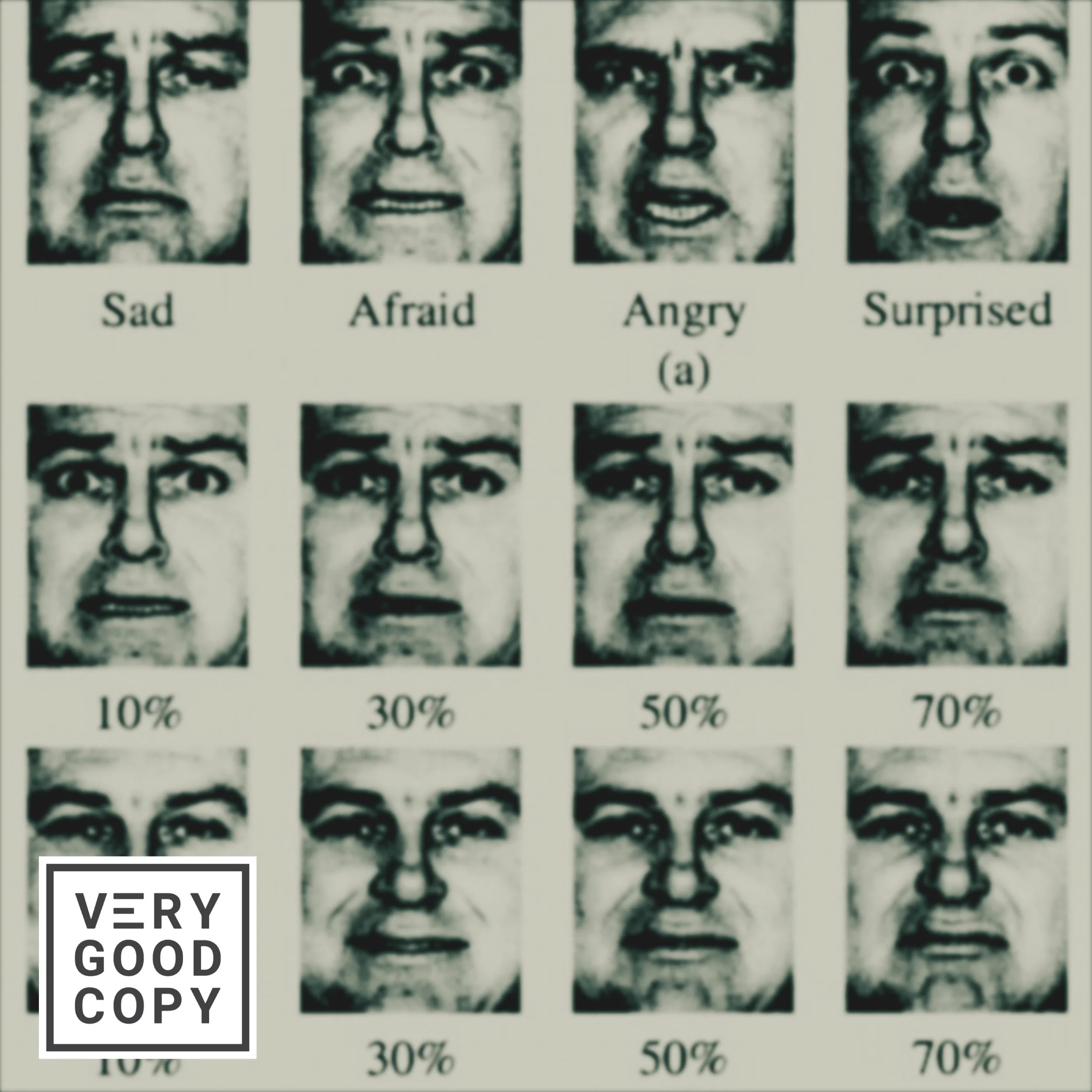![VERY GOOD COPY [LOGO].png](https://images.squarespace-cdn.com/content/v1/5615edeae4b0b9df5c3d6e90/1503780418498-PEM5PGJU20PEKHY9WAMV/VERY+GOOD+COPY+%5BLOGO%5D.png)
Three billion people have access to the Internet.
Of that group, only a third speak English.

Therefore, if you write in English, your words will likely be plugged into Google Translate or a similar word-for-word translation tool, which could leave your message jumbled and confusing.
If you want to appeal to an international audience, these tips will help your writing survive a typical web translation used by most people:
1. Use plain English
Plain English is clear.
Clear writing uses short sentences. It's also light on the adverbs and adjectives.
It's also in the active voice:
- Passive voice: "We will be arriving."
- Active voice: "We will arrive."
Clear writing also uses less words. For example, replace:
- "look at" with "examine"
- "carry on" with "continue"
- "put up with" with "withstand"
- "at this point in time" with "now"
2. Remember the basics
Does each sentence have a subject and a verb? Is your punctuation on point? What about your tenses?
Read your writing out loud. If it sounds jumbled in English, imagine the consequences of a word-for-word translation.
3. Avoid regional references
Jargon, slang, and pop culture references can confuse foreign readers.
For example, "911" probably means nothing to a European audience.
4. Mind your numbers
Dates, phone numbers, and currencies aren't universal.
If you need a global audience to understand your message, listing out all the relevant variations will save your audience effort and time.
For example, if you know your content is going to be consumed in the U.S. as well as Europe, include prices in USD ($) and EUR (€).
5. Be Consistent
Consistency matters, so commit to a style guide.
For example, using American-English spelling and grammar throughout your writing will ensure that web translators will be consistent, as well.
Unless you pay for it, your translation won't be perfect.
That said, following these guidelines can still make a difference for global audiences.
International readers may not read your content exactly as you intended, but they are more likely to walk away with the same information and value as your English-speaking readers, which is the whole point.
LEARN TO PERSUADE
![VeryGoodCopy [Logo] DARK.png](https://images.squarespace-cdn.com/content/v1/5615edeae4b0b9df5c3d6e90/1527210497765-DO4TXR7Y1NT5TTO3F074/VeryGoodCopy+%5BLogo%5D+DARK.png)
WRITE BETTER.
MARKET BETTER.
SELL MORE.







































![How copywriters put prospects in the buying mood [quick trick]](https://images.squarespace-cdn.com/content/v1/5615edeae4b0b9df5c3d6e90/1533095575515-C2JPAZA3C46IBX00EMM8/Put+prospects+in+the+buying+mood+%5BVGC+art%5D.JPG)




















